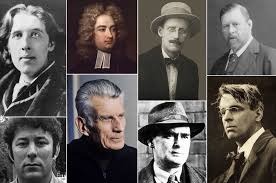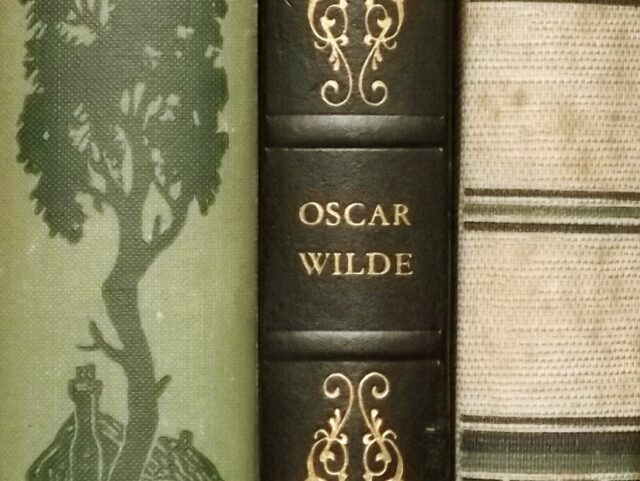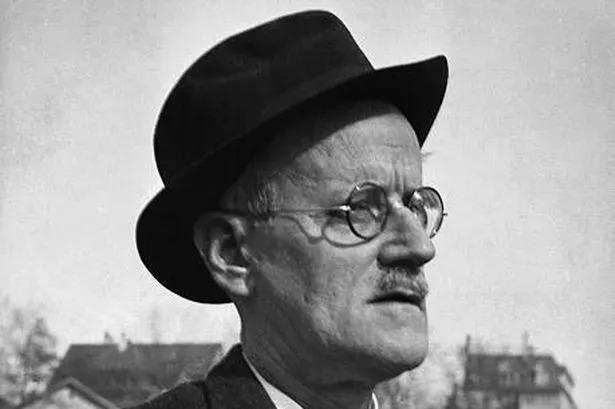
Irish literature is more than just a collection of stories; it’s a vibrant tapestry that intricately blends history, culture, and identity. When you think of Ireland, images of lush green landscapes and warm pints of Guinness may come to mind, but the nation’s literary heritage is equally significant. Since the time of the Celts, storytelling has been interwoven into the fabric of Irish society, much like the threads of a rich tapestry. This exploration invites you to delve into the lives and works of some of the most famous Irish writers, shedding light on their enduring influence on both national and global culture.
Key Takeaways
- The essence of Irish literature is steeped in a long-standing tradition of storytelling.
- Icons like James Joyce and Oscar Wilde have paved the way for a rich literary heritage.
- Irish writers have used their works to comment on societal issues and reflect cultural identity.
- The interplay of folklore and modern narratives enriches the understanding of Irish literature.
- Through their stories, these authors offer insights into the complexities of human experience.
- The exploration of Irish writers is essential for appreciating their lasting impact on global literature.
The Rich Tapestry of Irish Literature

Irish literature offers a profound exploration of the human condition, reflecting the complexities of Irish culture and literature through narratives that have evolved over centuries. This rich body of work is rooted in Irish storytelling traditions, where each tale serves not only to entertain but also to educate and preserve cultural identity.
The Historical Significance of Irish Storytelling
The historical significance of Irish literature can be traced back to its oral traditions, where oral storytelling was central to community life. The Celts, with their vibrant narratives filled with heroism and morality, laid the groundwork for the written expression of Irish culture. This deep-seated tradition carries on today, emphasizing the enduring power of storytelling in shaping identity and preserving history.
How Irish Writers Reflect Society and Culture
Irish writers act as mirrors to their society, articulating the shared experiences and struggles of the Irish people. Through their works, you can observe how they address pertinent themes such as identity, nationalism, and resilience. This reflection of Irish culture and literature highlights the dynamic interplay between literature and the societal transformations occurring throughout history.
The Impact of Folklore and Mythology on Irish Literature
The impact of folklore and mythology on Irish literature cannot be overstated. These ancient tales contribute significantly to the narratives crafted by contemporary writers, often exploring themes of fate, heroism, and the supernatural. The fusion of traditional folklore with modern literary techniques showcases the richness of Irish literary traditions, making these stories relevant to new generations while celebrating their historical significance.
Exploring Irish Writers – Iconic Authors and Their Impact on Culture

The landscape of Irish literature is enriched by a remarkable cadre of influential Irish authors whose distinct voices and styles have left a lasting imprint on culture. You will find that each of these authors—James Joyce, Oscar Wilde, W.B. Yeats, and Roddy Doyle—offers a unique lens through which you can explore the complexities of Irish identity and society. Together, they illuminate the enduring power of storytelling in shaping national consciousness.
Explore now the world of Irish literature and discover the profound impact of these iconic authors.
James Joyce: The Revolutionary Modernist
James Joyce is celebrated as a revolutionary modernist whose innovative narrative techniques transformed the landscape of Irish literature. His renowned work, “Ulysses,” dives deep into the ordinary lives of its characters, using stream-of-consciousness to capture their innermost thoughts. This groundbreaking approach has made Joyce an essential figure among influential Irish authors, pushing the boundaries of traditional narrative forms and crafting an intimate connection between readers and the Dublin experience.
Oscar Wilde: Wit and Wisdom in Drama
Oscar Wilde’s sharp wit and critique of societal norms have made his plays timeless. Works like “The Importance of Being Earnest” not only entertain but also challenge conventions, offering a blend of humor and wisdom that resonates with audiences. His contributions reflect a rich tradition of Irish novelists who intertwine clever dialogue with profound social commentary, emphasizing the importance of individuality in a rapidly changing world.
W.B. Yeats: The Poet of Irish Identity
W.B. Yeats, a key figure in the Irish literary revival, utilized Irish poetry to express themes of love, longing, and national identity. His deep connection to Ireland’s mythic past and the struggle for independence earned him the Nobel Prize in Literature, marking a significant achievement in the representation of Irish culture. Yeats’ works resonate with a sense of place and belonging, embodying the spirit of a nation seeking its voice.
Roddy Doyle: The Heartbeat of Dublin
Roddy Doyle captures the essence of contemporary Dublin through vivid characters and humor-laden narratives. His novels, such as “The Commitments,” reflect the city’s heartbeat, portraying everyday life with warmth and authenticity. As a modern voice in Irish literature, Doyle bridges the gap between the historical and the contemporary, bringing to life the vibrant spirit of the city and its people, thus enriching the tapestry of Irish culture.
FAQ
What makes Irish literature unique?
Irish literature is unique due to its rich storytelling tradition that has evolved from ancient oral narratives to modern written works. It often reflects the complexities of Irish identity, culture, and societal changes, showcasing themes such as independence, love, and the human experience.
Who are some of the most famous Irish writers?
Some of the most famous Irish writers include James Joyce, Oscar Wilde, W.B. Yeats, and Roddy Doyle. Each has made significant contributions to literature, exploring various themes and styles that capture the essence of Irish culture.
How did folklore and mythology influence Irish literature?
Folklore and mythology have deeply influenced Irish literature by providing rich narrative themes and symbols that continue to resonate in modern writings. These ancient tales often explore universal truths and human experiences, enriching the literary heritage of Ireland.









